All Makgeolli Blog
Learn Makgeolli Resources

Korea’s beloved distilled rice wine, Soju, is a favorite among both locals and tourists alike. It has become an integral part of Korean dinners and outings, making it nearly impossible to avoid. Many people enjoy complementing the spicy or oily flavors of grilled pork barbecue with a refreshing, ice-cold shot of Soju, chilled to perfection.
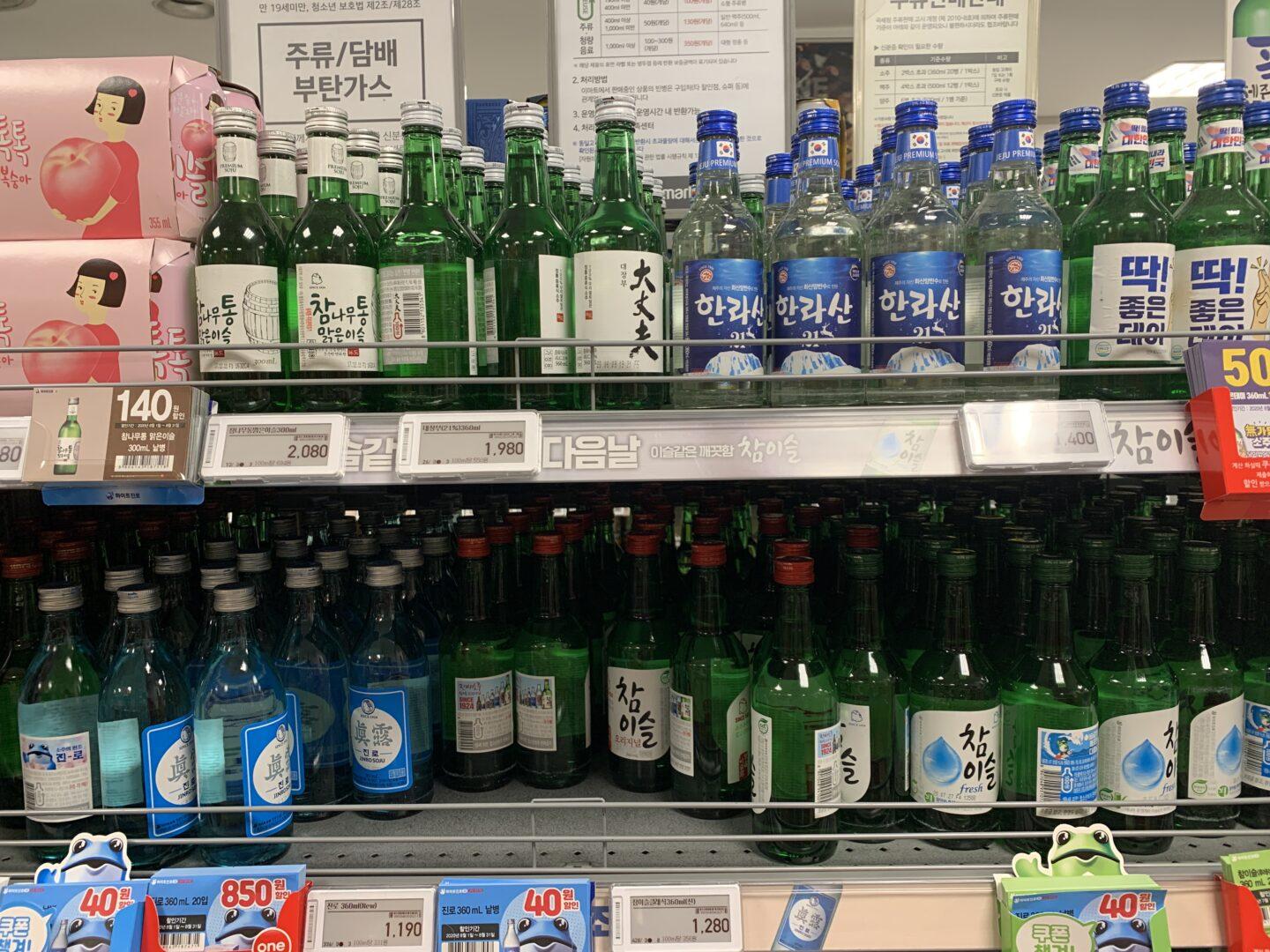
Korea’s beloved distilled rice wine, Soju, is a favorite among both locals and tourists alike. It has become an integral part of Korean dinners and outings, making it nearly impossible to avoid. Many people enjoy complementing the spicy or oily flavors of grilled pork barbecue with a refreshing, ice-cold shot of Soju, chilled to perfection.
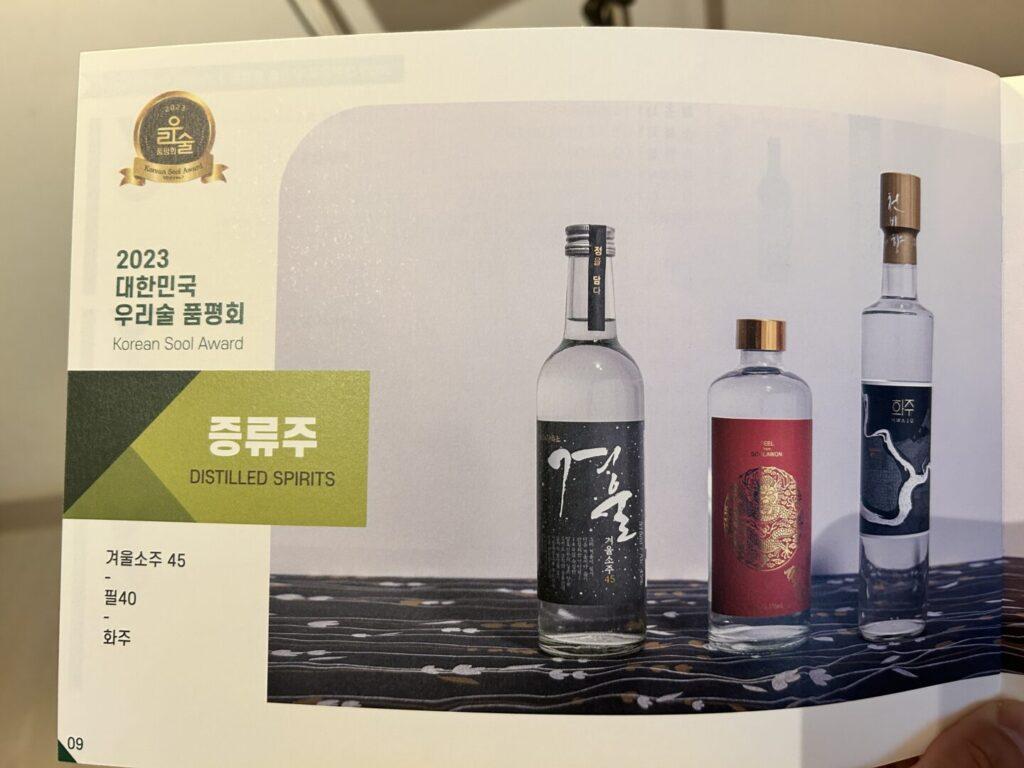
In your first visit to Seoul, you’ll run into a convenience store and perhaps if you are thirsty and reach for the beer section then you’ll find some Soju from a green or blue bottle that you might recognize, and most likely next to it, you’ll see some Makgeolli.
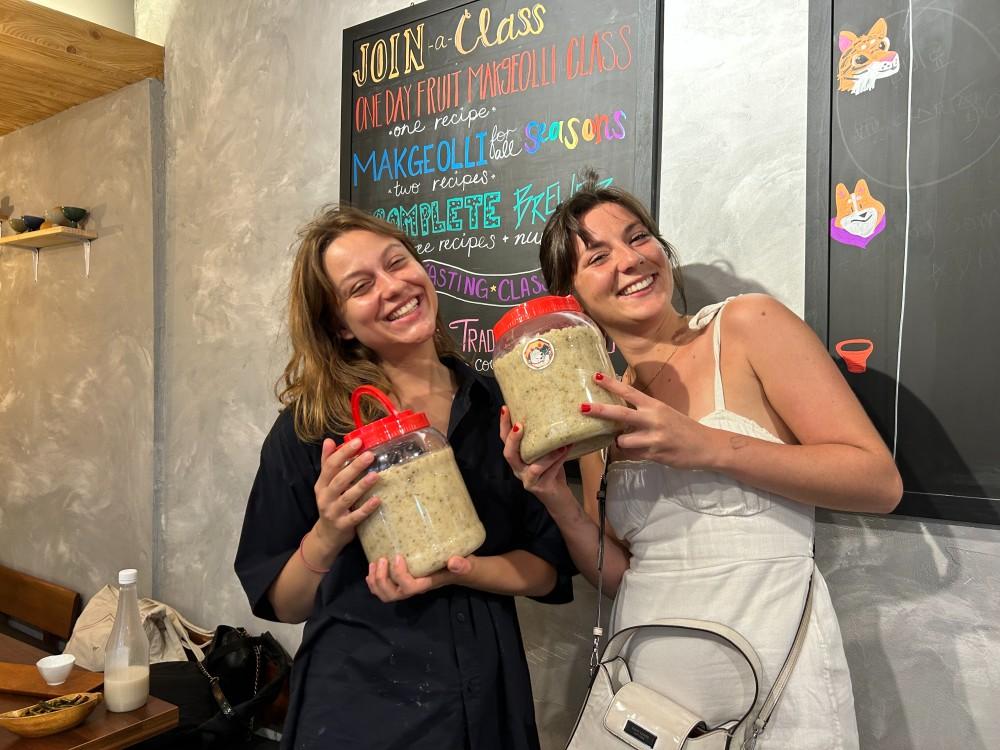
Many folks out there haven’t had the pleasure of getting to know Makgeolli, and even if they have, their choices and knowledge about this iconic Korean drink might be a tad limited. You know, maybe they’ve spotted it at their local Korean supermarket, given it a shot, and thought, “Eh, it’s not too shabby,” and then promptly moved on. To be completely honest, if I’d only ever tried pasteurized or budget-friendly Makgeolli available abroad, I probably wouldn’t have been all that thrilled either.
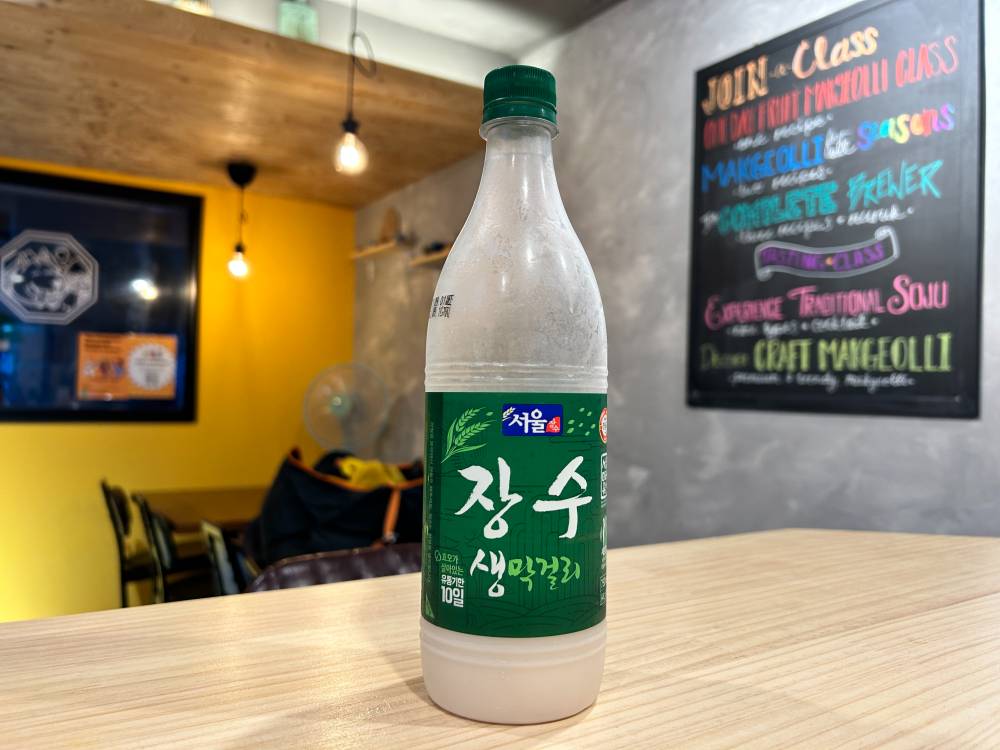
You’ve probably heard of Makgeolli or seen it featured in K-dramas or on Netflix, and now, you’re eager to give it a try.
Imagine this: you’re in Korea, looking for some snacks and a refreshing drink. As you open the fridge, you spot a large bottle, either white, green, or transparent, with a milky appearance.
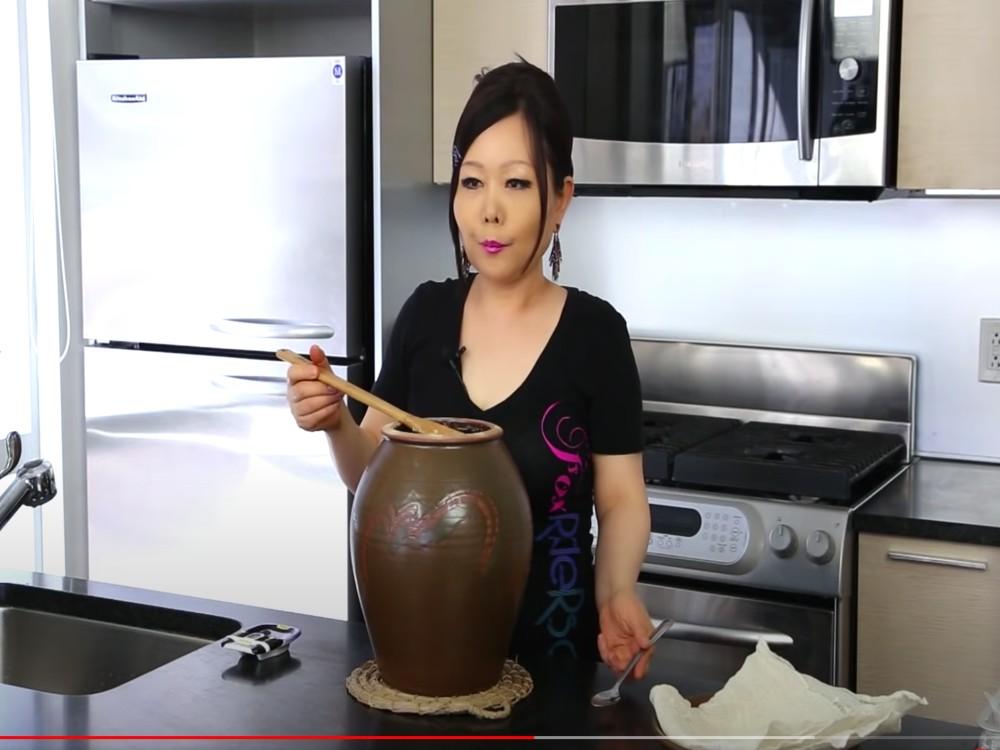
As Makgeolli gains popularity, you might feel adventurous and decide to try making it yourself. You type “Makgeolli” on YouTube, and one of the first videos you come across is by the famous YouTuber, Korean Kitchen Rockstar, “Maangchi.”
Makgeolli Brewing
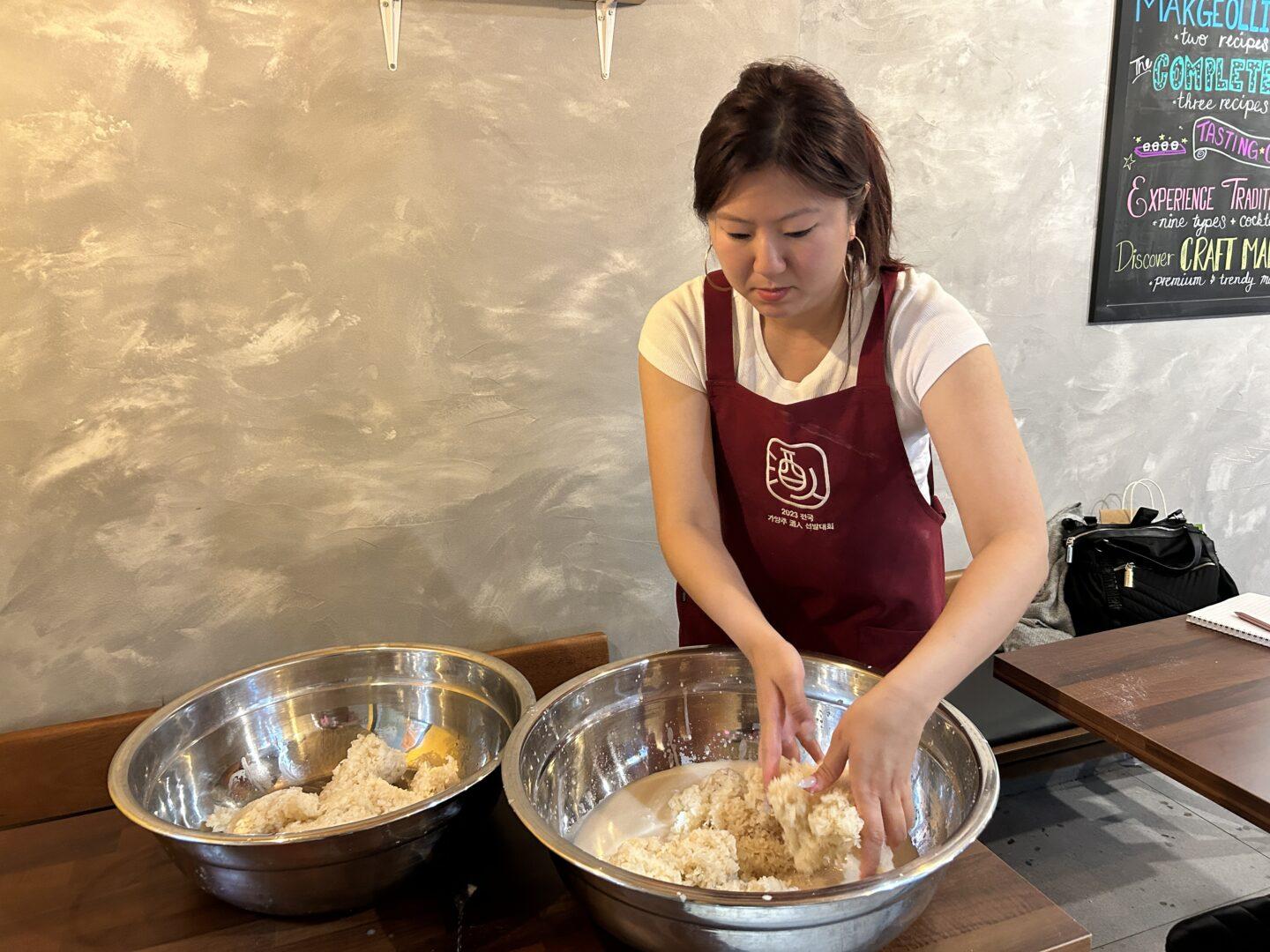
If you have taken our Makgeolli classes in Korea then you’ll remember that I mentioned there is not just one way of making Makgeolli.
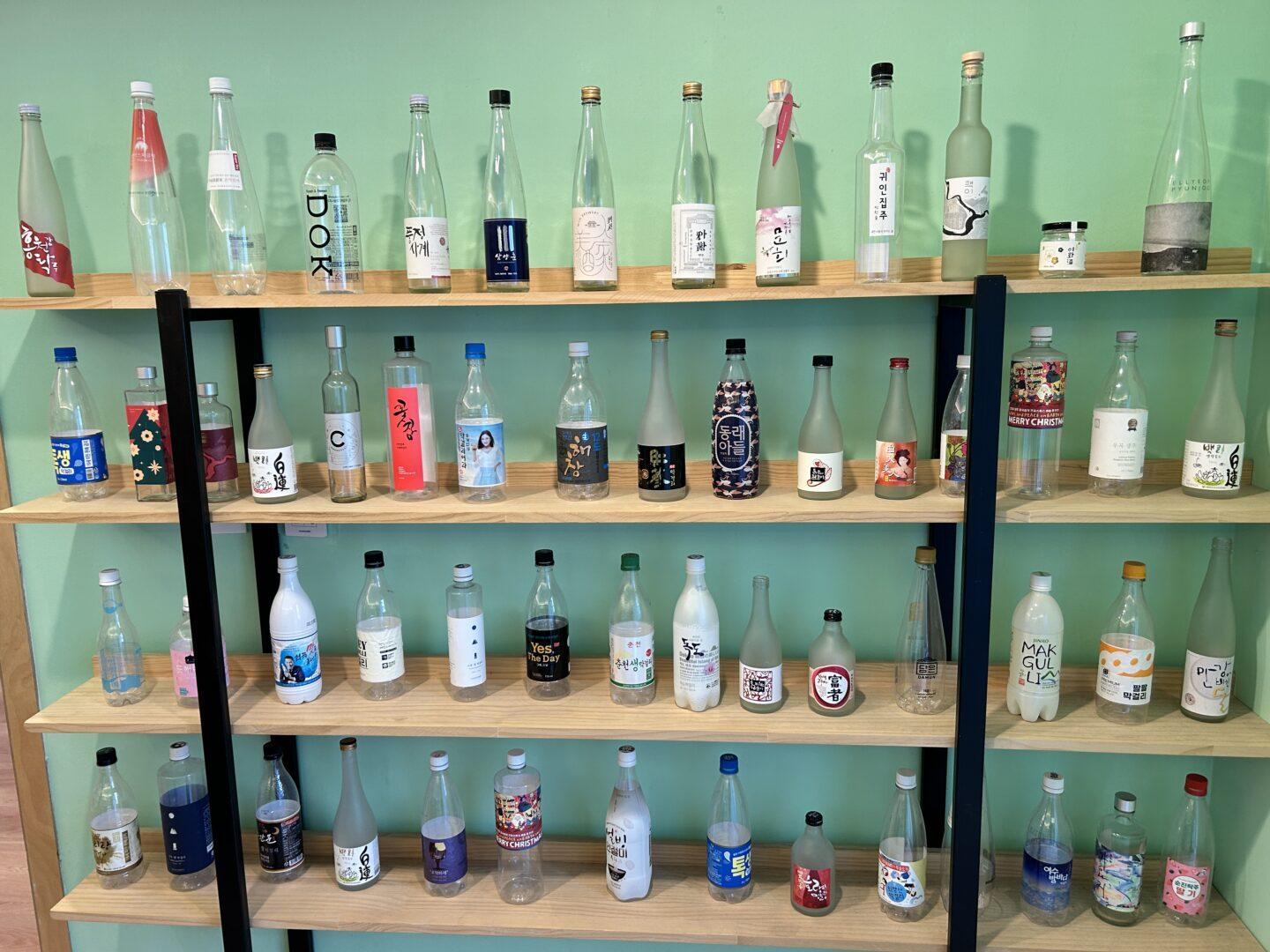
If you’ve ever found yourself surrounded by the vast array of Makgeolli bottles in the market and wondered where to start, you’re not alone. With numerous types vying for attention, it’s easy to feel overwhelmed. Fear not, as we’re here to guide you through the basics.
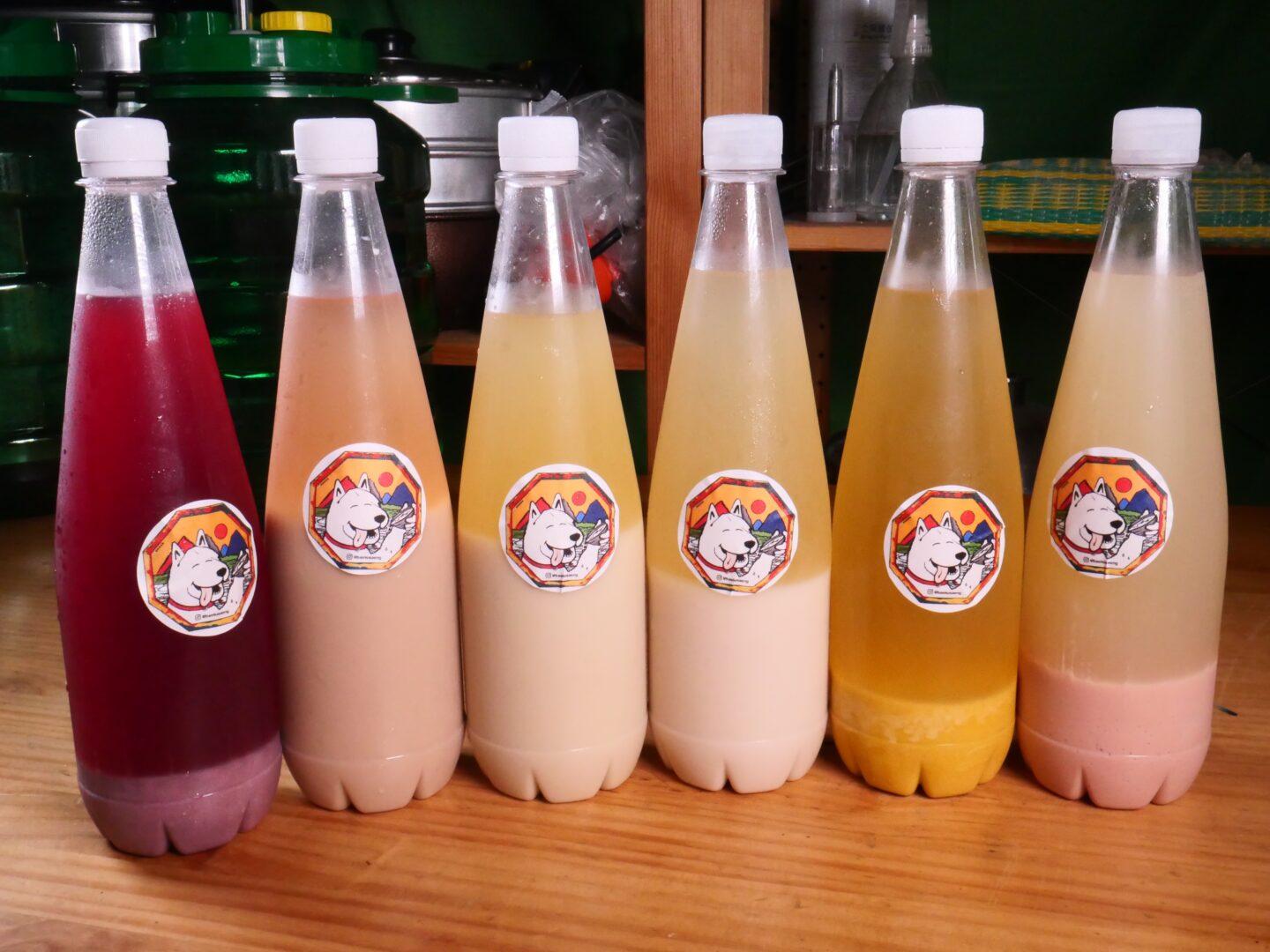
Korea boasts a strong tradition of embracing 한약 (Hanyak), or herbal medicine. It’s a ubiquitous sight in every neighborhood to stumble upon an acupuncture center, where you’re likely to encounter a concoction of some mystical herbal elixir promising relief from various discomforts or pains.
Makgeolli Tourism

In every province of Korea, hundreds of Makgeolli breweries are primarily situated in the countryside. The choice of these locations is often influenced by factors such as excellent access to water, sourcing specific ingredients from local farmers, and, most conspicuously, the limited opportunity to establish a Makgeolli brewery within Seoul due to exorbitant rent costs.
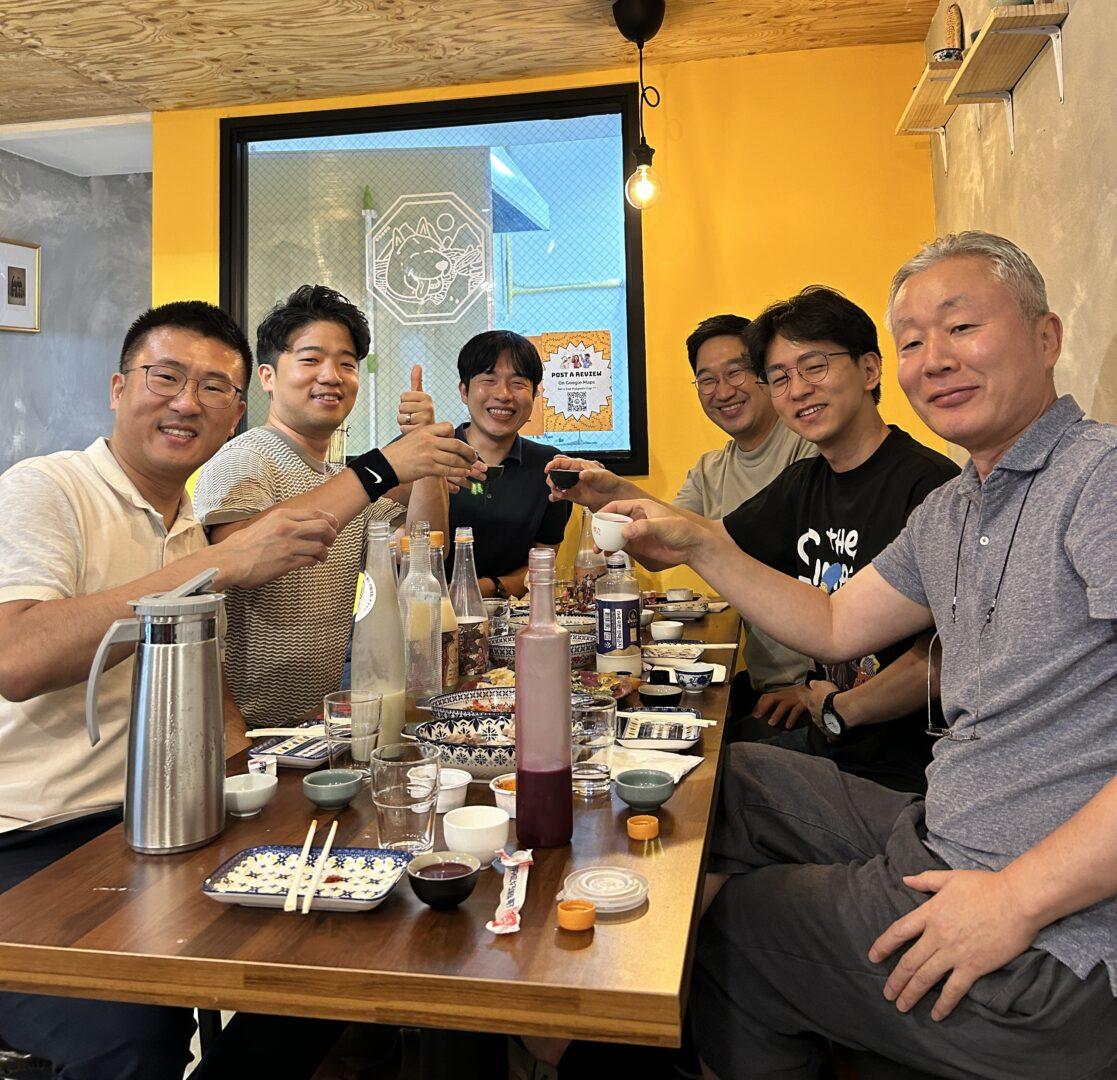
Rainy days hold a special allure, with the rhythmic tap of rain echoing the sizzle of Korean pancakes “Pajeon” hitting the pan.
Locals flock to their neighborhood Makgeoli Pubs “Jumak”, savoring the duo as the perfect rainy day indulgence.
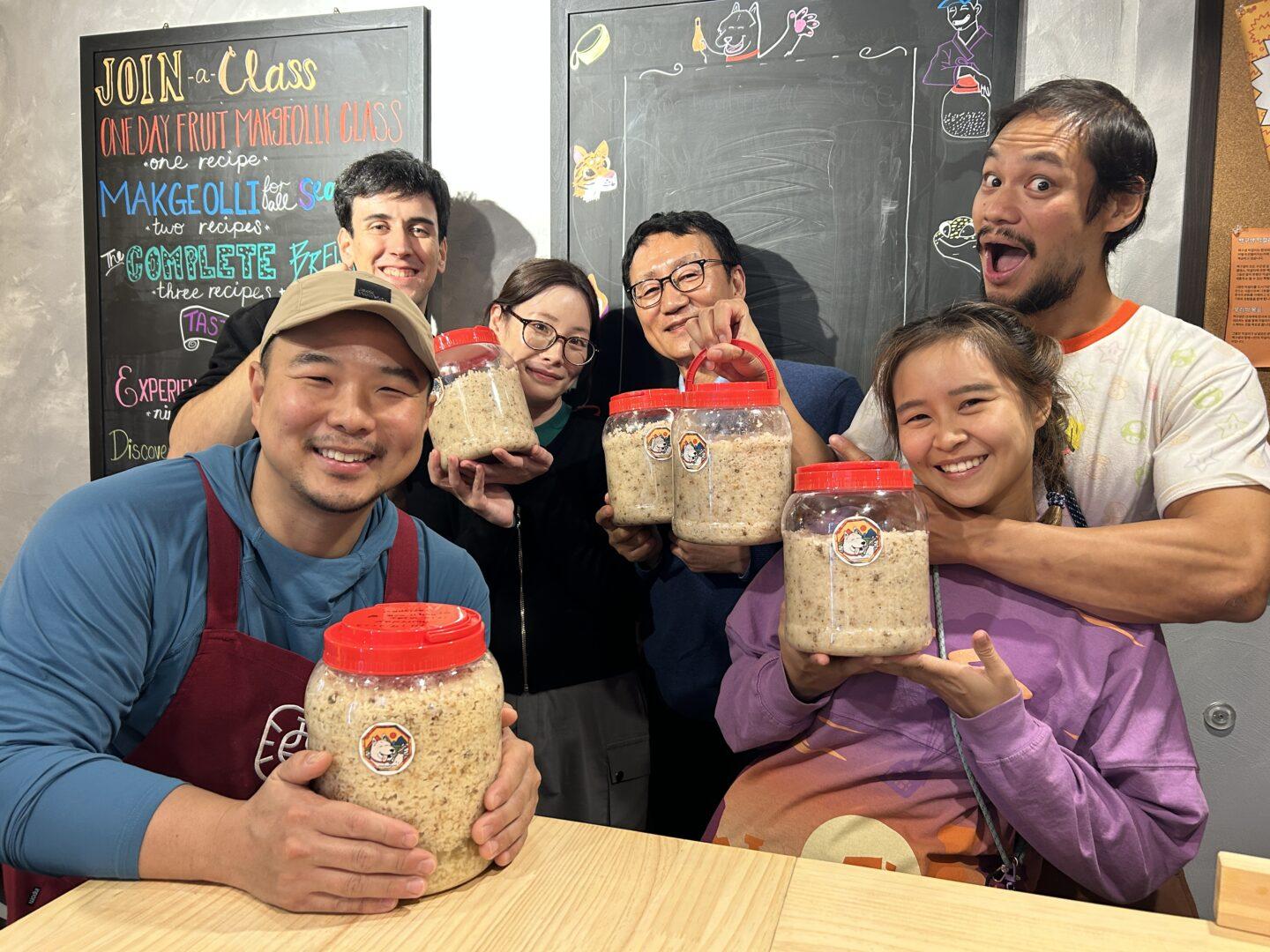
So, you’ve heard about Makgeolli, and if not, no worries—give this post a read, and then swing back here. Trust me, it’ll all click into place. Makgeolli is like Korea’s drinkable heritage, the counterpart to kimchi in every Korean household. It’s not just a beverage; it’s a cultural essential.
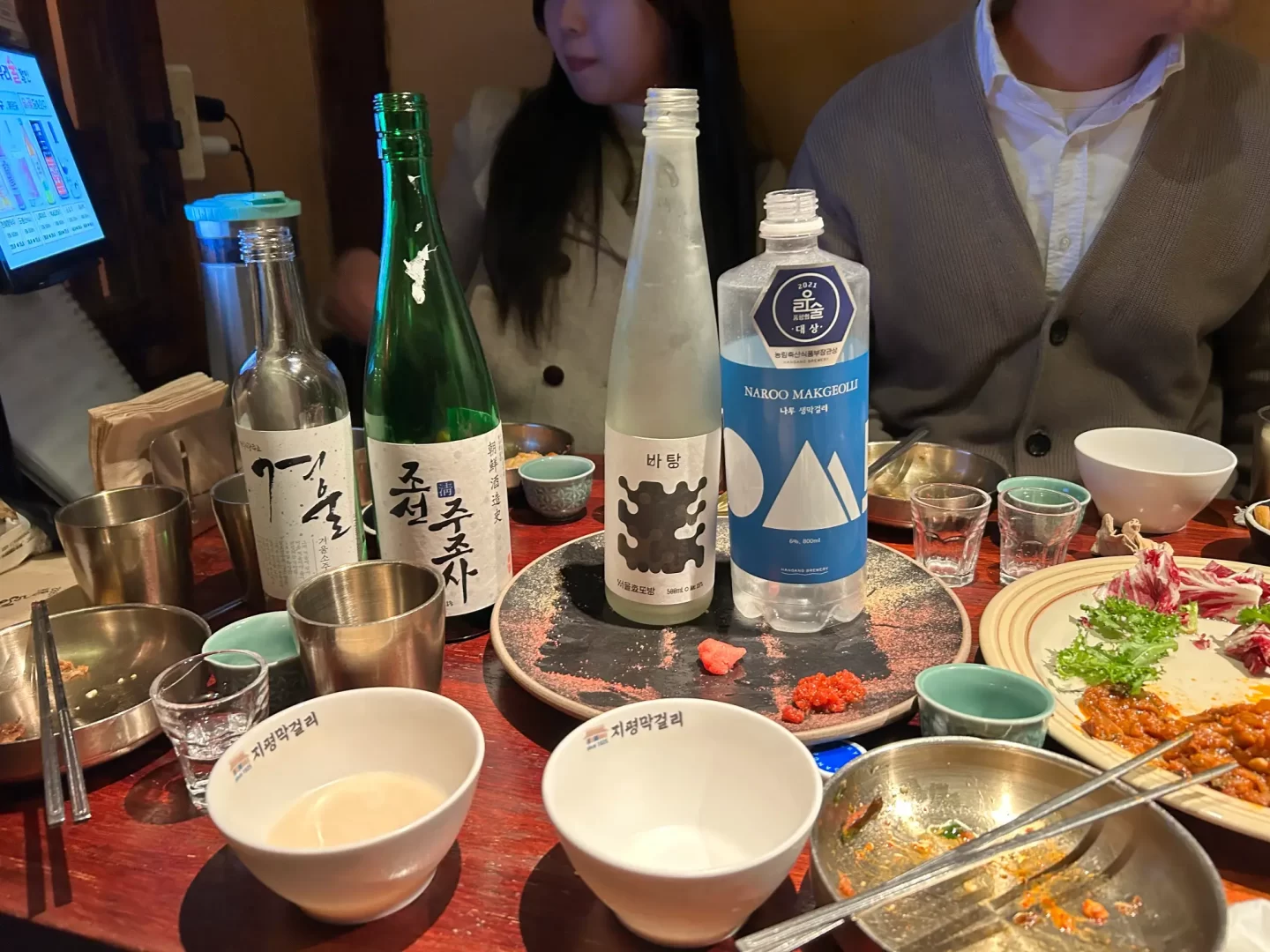
You’ll want to savor it all during your visit to Korea, from traditional foods to delightful drinks. And, of course, you can’t miss out on Korea’s favorite alcoholic beverage: Makgeolli! The problem with tourists coming to Korea is that whenever they try to find Makgeolli they’ll only find one type being served which is your commercial Aspartame filled and overly sweetened Makgeolli, or the pasteurized versions that are mostly only found in Korea.
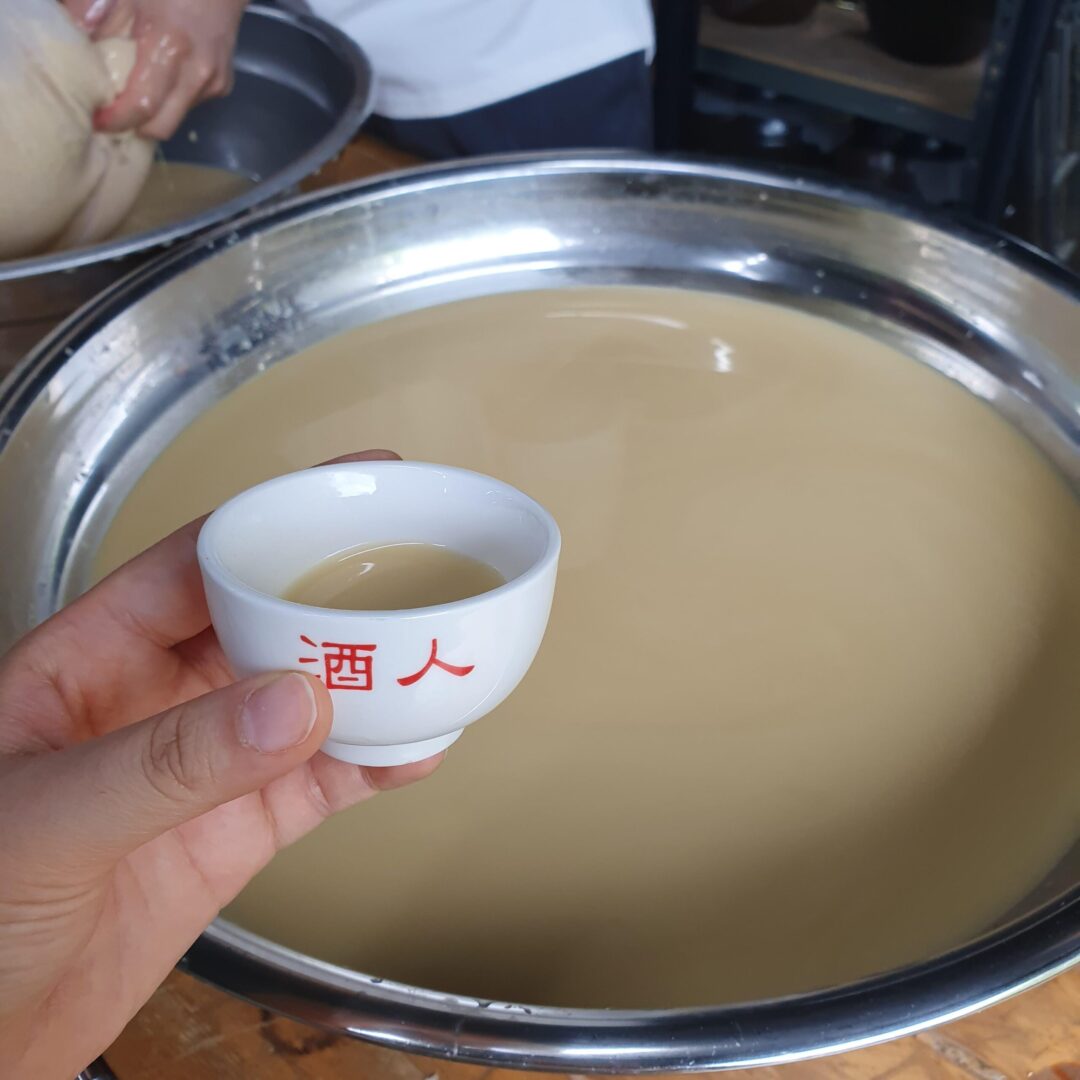
When people inquire about makgeolli, the simplest and quickest response is “Korean fermented Rice Wine.” Some may also liken it to rice beer. But what makes it such a significant cultural phenomenon in Korea?

